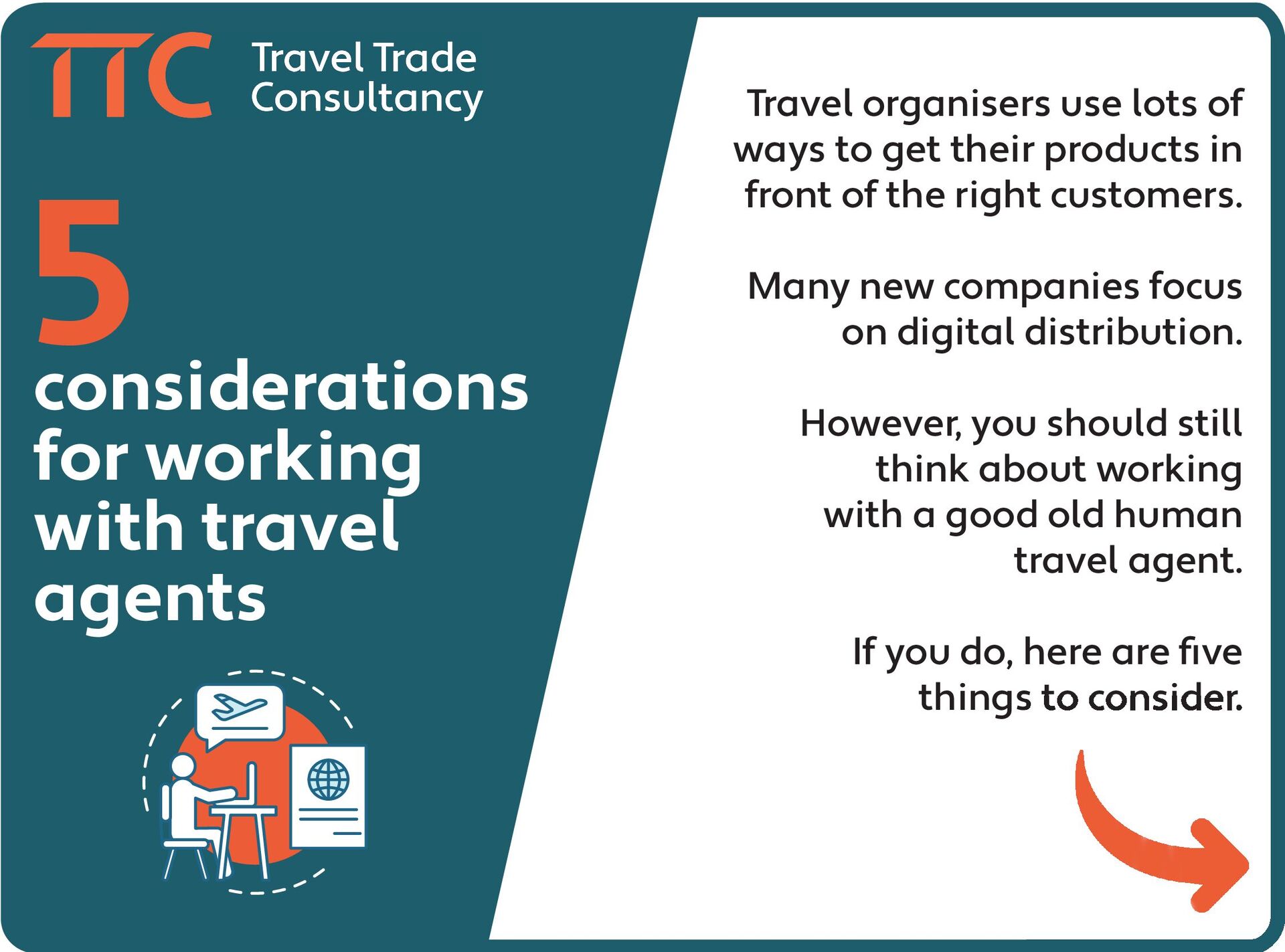In an era where online booking platforms and AI-driven travel tools have made it easier than ever to plan a trip, one might wonder: Are travel agents still relevant? For decades, this question has lingered as the travel industry evolved with the rise of the internet, online travel agencies, and mobile apps. Yet, despite these technological advancements, travel agents—now often referred to as travel advisors or consultants—continue to play a vital role in the world of travel. Their value lies not in replacing technology but in complementing it, offering expertise, personalized service, and solutions that digital platforms often cannot provide.
The Evolution of Travel Booking
Back in the days before the internet, travelers relied heavily on travel agents to book flights, cruises, resorts, and other travel arrangements. These professionals acted as intermediaries between customers and travel providers, leveraging their relationships to secure better deals and handle any issues that arose during the trip. However, with the advent of online booking websites like Expedia, Kayak, and Airbnb, many consumers began to bypass travel agents, opting instead for the convenience of self-service booking.
This shift was further accelerated by the 2008 recession and the events of 9/11, which led to a decline in traditional travel agency business. Yet, even as the number of freelance travel agents dropped from 124,030 in 2000 to 66,670 in 2019, the industry did not vanish. Instead, it adapted, focusing on niche markets where their expertise is most valued.
Why Travel Agents Still Matter

Despite the ease of online booking, many travelers still turn to travel agents for complex or high-value trips. According to recent data, 43% of travelers prefer using an agent when booking flights, particularly for luxury, corporate, or group travel. This preference stems from the unique benefits that travel agents offer:
-
Expertise and Relationships: Travel agents have access to exclusive deals, bulk pricing, and insider knowledge that individual travelers may not be able to find on their own. They also maintain strong relationships with airlines, hotels, and tour operators, allowing them to secure better rates and accommodations.
-
Time-Saving and Stress-Relief: Planning a vacation can be time-consuming, especially for large groups or intricate itineraries. Travel agents streamline the process, handling everything from flight bookings to hotel reservations and activity planning, ensuring a seamless experience.
-
Problem-Solving and Support: When things go wrong—whether it’s a flight delay, a hotel issue, or a visa problem—travel agents act as advocates for their clients. They have direct lines to travel providers and can resolve issues quickly, saving travelers time and frustration.
The Niche Markets Where Travel Agents Excel

While many travelers opt for DIY booking for simple trips, there are specific scenarios where hiring a travel agent makes sense:
-
Group Travel: Organizing a trip for 15 or more people can be logistically challenging. Travel agents specialize in managing group bookings, securing bulk discounts, and coordinating schedules.
-
Luxury and Honeymoon Trips: High-end vacations often require careful planning and access to exclusive amenities. Travel agents can recommend top-tier destinations, arrange private tours, and ensure every detail is perfect.
-
Complex Itineraries: Round-the-world trips, multi-city vacations, or journeys involving multiple modes of transportation (flights, trains, ferries) benefit from the expertise of a travel agent who can navigate the intricacies of such itineraries.
-
Cruise Planning: Cruise lines often offer special deals and last-minute availability that are accessible only through travel agents. These professionals can help travelers find the best cabin options, onboard amenities, and shore excursions.
The Future of Travel Agencies
As the travel industry continues to evolve, so too do the roles of travel agents. Many now operate as independent consultants, leveraging digital tools to enhance their services while maintaining the personal touch that sets them apart. The rise of virtual consultations and remote support has made it easier for agents to serve clients globally, expanding their reach beyond traditional brick-and-mortar offices.
Moreover, the post-pandemic travel landscape has seen a renewed interest in expert guidance. With travel restrictions and last-minute changes becoming more common, many travelers are seeking the reassurance and support that only a travel agent can provide. According to a 2022 survey, 44% of travelers are more likely to use a travel advisor after the pandemic, highlighting the growing demand for professional assistance in navigating the complexities of modern travel.
Conclusion
While the digital age has transformed how we plan and book our travels, it has not rendered travel agents obsolete. In fact, their role has become more critical than ever, especially for those seeking expert guidance, personalized service, and stress-free travel experiences. Whether you’re planning a family vacation, a destination wedding, or a luxury honeymoon, a travel agent can offer the knowledge, connections, and support needed to make your trip unforgettable. As long as there are complex journeys to be planned and unique experiences to be crafted, travel agents will continue to be an essential part of the travel ecosystem.



